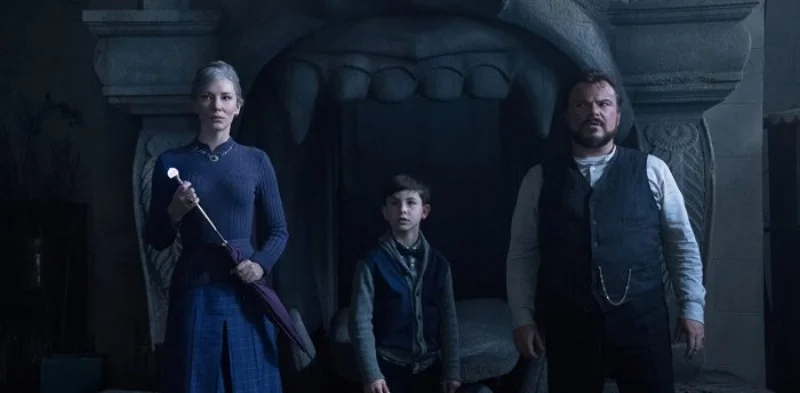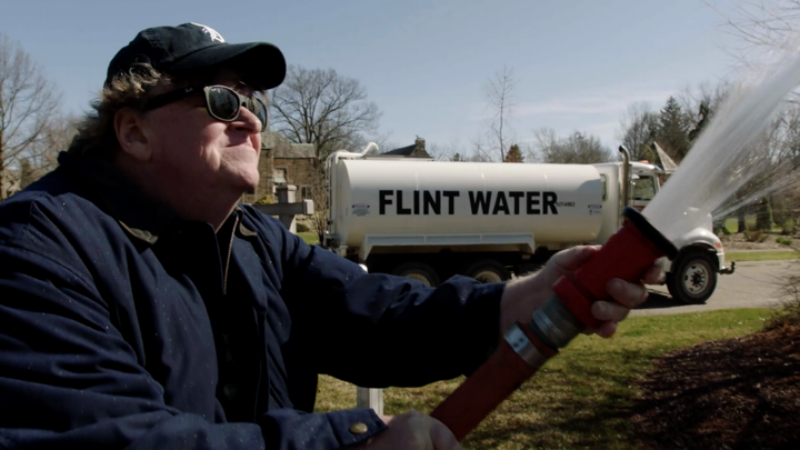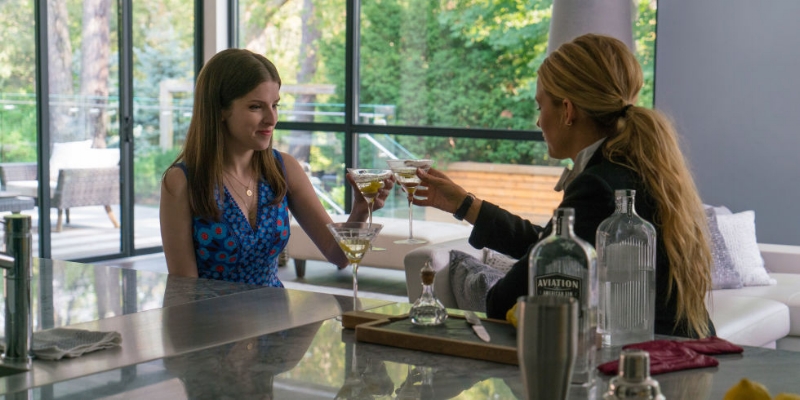LIZZIE
Directing: B
Acting: B+
Writing: B+
Cinematography: B
Editing: B
It’s quite an experience seeing Assassination Nation and Lizzie over the course of only two days. I called the former an ultra-violent feminist revenge fantasy, and the same could just as easily be said of the latter. The difference is that Lizzie is a speculative look at real-life character Lizzie Borden and her motivations, a period drama easing into palpable horror offered up for the #MeToo era.
After several depictions of the Borden murders over the years — including one in 2014 for Lifetime starring Christina Ricci — this one puts a lesbian spin on the story, with Lizzie (Chlöe Sevigny) developing feelings for their live-in Irish maid, Bridget (Kristen Stewart). Bridget is being molested at night by Lizzie’s father, Andrew (Jamey Sheridan), while Lizzie and her sister Emma (Kim Dickens) have a brother of their late mother conspiring to get the Borden will changed so he will be guardian of the daughters’ inheritance.
All of these are the names of real people involved in this 1892 murder in Fall River, Massachusetts, and it was suspect, to say the least, that the Borden daughters stood to inherit the sizable estate. Director Craig William MacNeill and writer Bryce Kass infuse the story with the suggestion of understandable motives — both that of Andrew as a sexual predator, and a semi-pointed reflection of men’s control over women’s fortunes, in every sense of the word.
I found myself compelled by the older sister, Emma, perhaps more than the filmmakers intended. Kim Dickens, perhaps most recognizable as Joanie Stubbs in the HBO series Deadwood, is a lovely actor, and she is given curiously little screen time, as we are guided to focus on Lizzie and Bridget’s budding mutual attraction. I wished there were more of her.
That’s not to say Chlöe Sevigny isn’t plenty compelling as Lizzie herself. She is depicted here as defiant from the start, baldly going out to the theatre unescorted under her father’s objections. She is afflicted with occasional seizures of some sort, a character trait never fully fleshed out, and which curiously disappears without comment later in the story. There is talk of her being sent away, both for her ailment and after Andrew catches Lizzie in the throes of passion with Bridget in the barn. In an act of retaliation for her defiance, Andrew chops off the heads of her beloved pet pigeons and has them cooked and served for family dinner, a particularly horrible moment.
We are clearly meant to see Andrew as the unambiguous villain, Lizzie and Borden as women who are ending their own victimization, if not as outright feminist heroes. This is where Lizzie gets a little muddled. The notorious murders of Lizzie’s stepmother (Fiona Shaw), who shows no sympathy for Lizzie, and her father, are depicted in graphic, arguably belabored detail. It’s not gory, exactly, but falls just short of that — and boy, do we see a lot of swings of that hatchet. The odd thing is, with events playing out in this manner, if anyone has any motive, it’s Bridget. She and Lizzie conspire together, but given the enduring nature of the legend, Lizzie wouldn’t quite work if Bridget were claimed to be the murderer.
In a way, the Lizzie Borden trial that followed was a sort of O.J. Simpson trial of the late 19th century. The woman was acquitted, because no one could believe a woman of such social standing could possibly be capable of such heinous crimes — that’s how it’s put in the title cards just prior to the end credits. The supposedly feminist angle is to view Lizzie as an oppressed woman smashing the patriarchy, a woman who sacrificed everything — but to what end? She lived the rest of her life abandoned by both Bridget and the rest of her family, ostracized by her community. The idea of this woman in particular as a feminist hero is something I don’t quite buy.
As a story on its own merits, though, Lizzie is both unique and effective. Much of its run time is social commentary in the guise of costume drama, and a well-acted one. Then Lizzie demonstrates what she is capable of, not a woman who snapped but who was capable of methodical premeditation, and it moves into the genuinely disturbing. It may not quite achieve thematic coherence, but it sure offers up plenty to contemplate.
Wait, was that forty whacks? Or was it forty-one?
Overall: B










